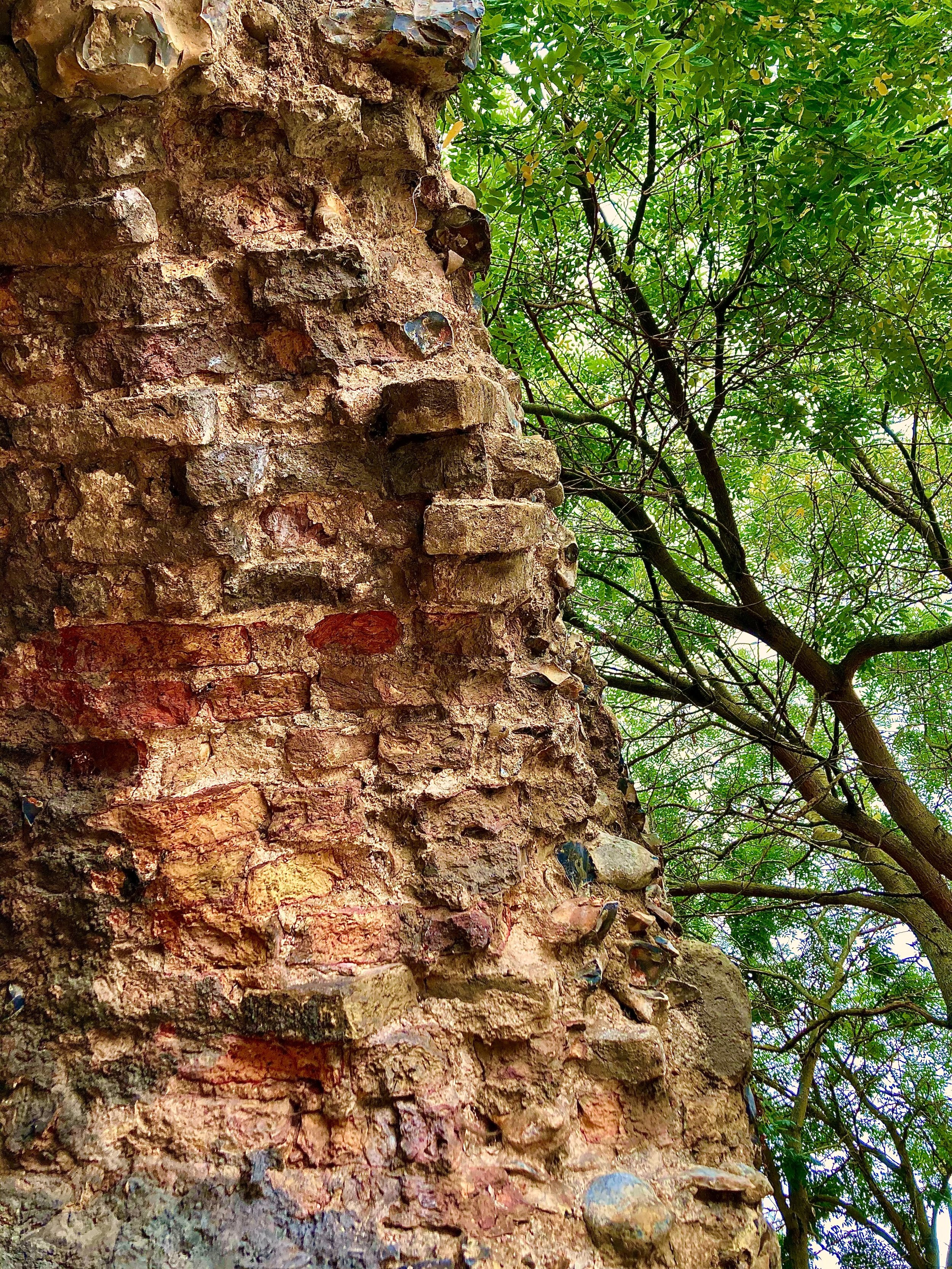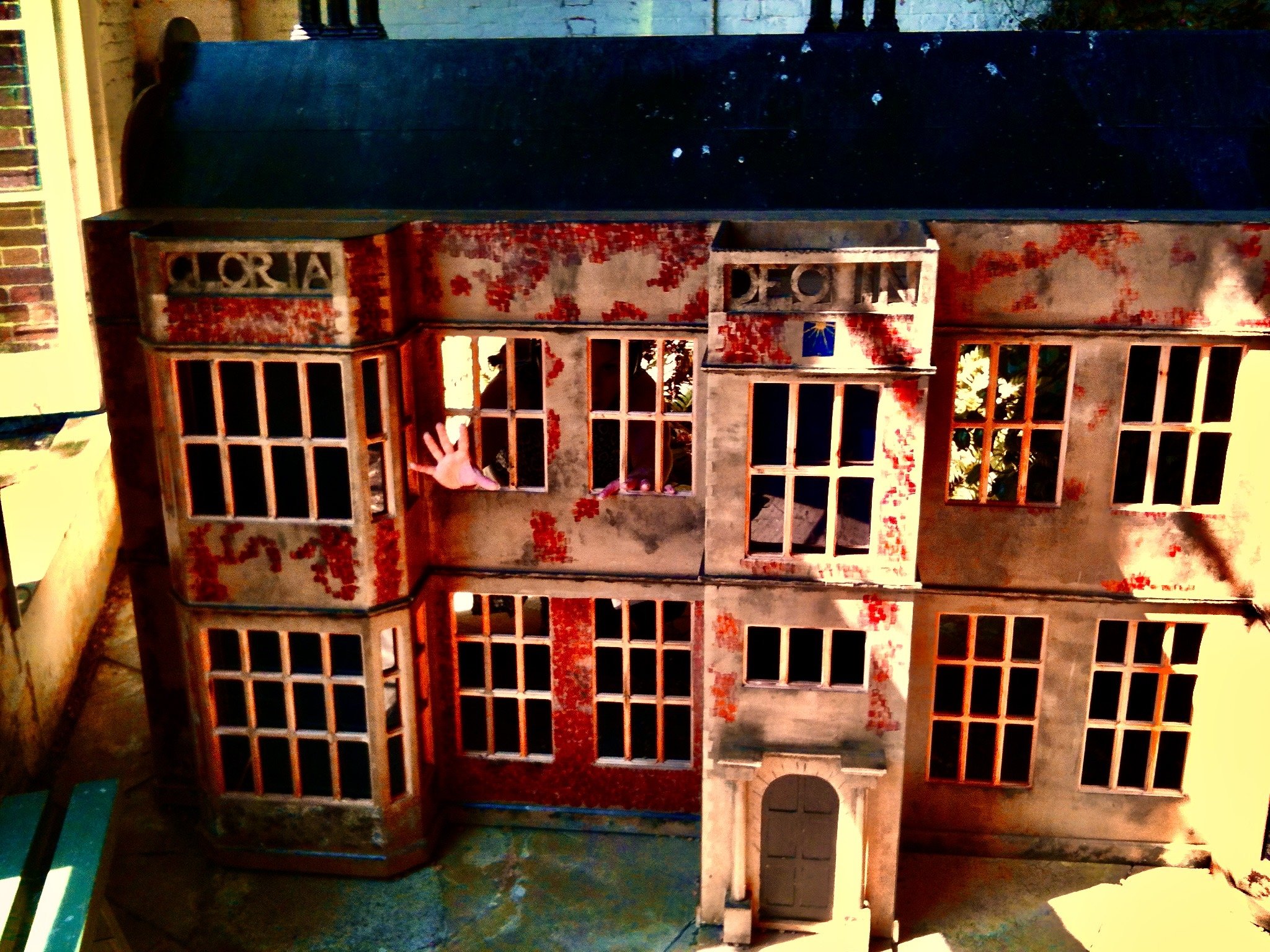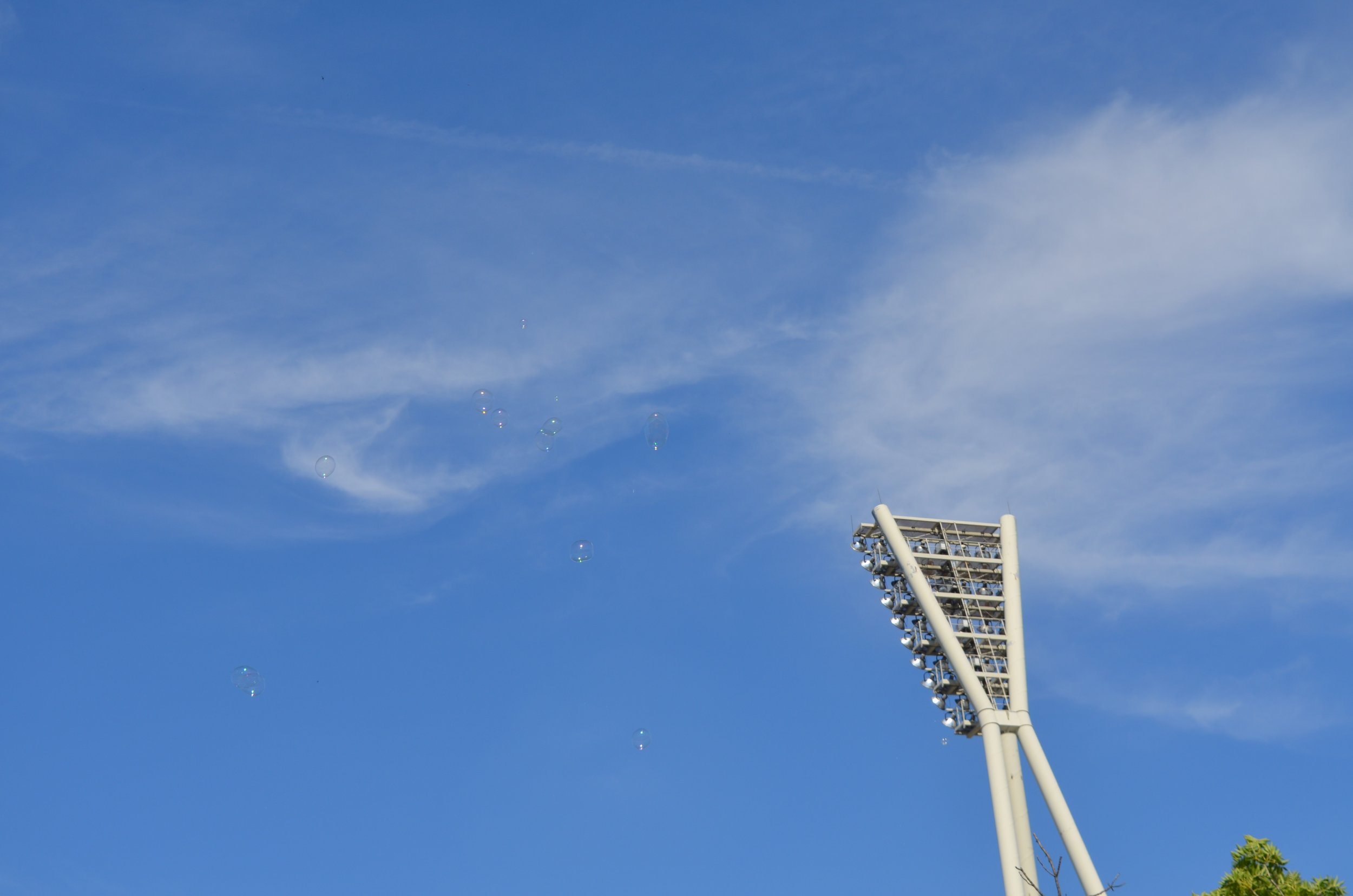COLLABORATIONS
WALLS FALL DOWN
B walks back home on her own along the broken, jagged medieval wall. Its niches are filled with litter from McDonald’s, cigarette packets, plastic bags, and empty water bottles. She takes pictures of these and sends them to C. C responds with photographs of Québec. Cobbled, picturesque streets. Guards stand erect and formal outside the Citadel. There is a picture of the noon-day gun. The chateau is high on the hill. There is a sunset. No, a sunrise. The fortress walls are high and clean. The flags and hanging baskets are bright. The rounded turrets and bay windows, statues and fountains, the promenade, the intricate ironworks. The guns pointing out at the St. Lawrence River. There is sunshine and smiles. Churches and stained glass. People walking in period dress. Horse-drawn carriages. The lanterns are like those B saw in Paris on her honeymoon and which she once tried to write about after she found out she was pregnant. There are photographs of the fortifications in Québec. Higher than yours, no? C has written. The walls are preserved and neat as if time has not been allowed to interfere with them. Another message from C: A long time ago, men built these walls to keep people out, yet here we are, with our friendship, reaching across the divide.
Over three months, writers Megan Bradbury in Norwich and Juliette Bernatchez in Québec explored their UNESCO cities of literature, writing to each other and acting as each other’s eyes, looking at the familiar in new ways.
Learn more about this process of collaboration and the commissions that came out of it, about Julian of Norwich, Marie de l’Incarnation, fortifications and castles, and what it’s like to haunt another’s creative project by joining Megan and Juliette in conversation on March 28th. This event will take place on YouTube. Register in advance for a streaming link with the National Centre for Writing.
The virtual residency exchange was made possible with the support of the Québec Government Office in London and l’Entente de développement culturel entre le gouvernement du Québec et la Ville de Québec.
WALK WITH ME
Written in collaboration with internally acclaimed Dutch sound artists, Strijbos & van Rijswijk, this project used GPS technology to superimpose sounds, music and story throughout the National Trust’s Felbrigg Hall estate in North Norfolk. Commissioned by the Norfolk and Norwich Festival.
★★★★ The Stage “…at its best and most atmospheric, it’s truly transporting, like entering your own midnight garden at midday.”
Top Tickets in the UK – Guardian
You can find out more about the project below and here.
Sister and I lay the soldiers in the mud beside the church, dig a big hole with our fingers and drop the soldiers in, cover them over, bury them, pat the soft earth with our hands, be sure to bury them on the inside of the churchyard wall so that they will go to heaven. We will dig them up again tomorrow. We are making sure no one is watching us as they will say we are not to play with the toys in this way, burying them where they have no right to be and then bringing them back to life.
TRANSLATING SCIENCE
Translating Science is a collaborative project which brought seven scientists from the Norwich Research Park together with established writers so that experts within two very different fields of work could gain fresh insight and inspiration from each other. The scientist welcomed the writer into their world and explained their research, and the writer then went away and responded creatively to what they were shown. The result is a series of stories, poems and essays which will hopefully inspire, excite and trigger a deeper understanding of the benefits of science-based research for solving the many challenges we face, and help to influence policy and decision makers to make the right choices. The commissions present a positive outlook for the future of our world.
You can read more about the project here.
We were told by the institution to keep a diary of reflection.
I wrote,
Soils are the earth’s dynamic skin. Vulnerable. They respond to what we do to them.
One scientist in the seminar was nicknamed Doctor Doom because his predictions about the effects of climate change were dismal. Once the moths have gone, that’s it, he said. But people won’t listen to the story. People won’t even listen to the facts.
I began collecting the facts. I asked the scientists what they knew. They spoke about understandings and connections. I realised art and science were the same.
I learnt,
Nutrients are essential.
Foods should be consumed slowly.
95% of what we eat relies on soils. That is, the foundations we lay down.
Food with a complex structure has more to give.
Simplicity is killing us.



